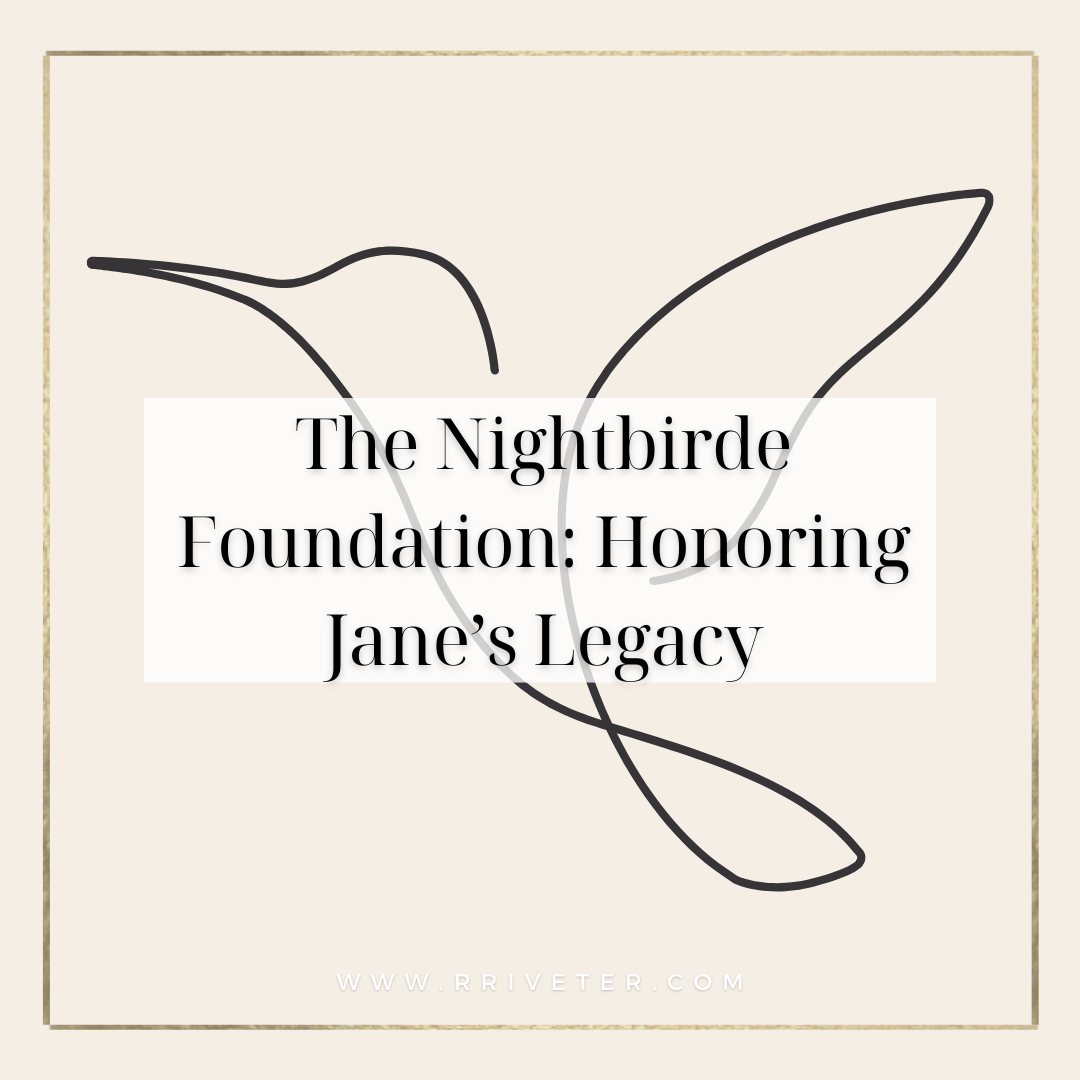A Military Spouse's Perspective on World Autism Day
Tell us a bit about yourself?
I’ve been a military spouse for nearly fifteen years and a momma to three neurodiverse boys for nearly fourteen. We’ve lived in six states and two countries, battled “Murphy” through multiple deployments, and moved OCONUS during Covid. I’m both the parent of two children identified as autistic and the daughter of an autistic adult.

What does ‘Autism Awareness’ within the military community mean to you?
Well, I think we need to start there.
We need a verbal and mental shift from “autism awareness” to autism acceptance and empowerment.
The military community is well-aware of autism within it, we need to get better at accepting what that means and the work that needs to be done to empower our autistic members.
Awareness is passive. The community needs action.
Let’s talk about the community strengths first. What does the military community do well when it comes to autism acceptance and education?
There are programs that have good intentions that we can get into but I’d rather talk about the military people. We do *connection* well. The ability for military families to network from one location to the next is the absolute life-blood of allowing military kids to thrive - especially autistic military kids. So often autistic children and adults are wrongly criticized for not communicating in the ways neurotypical people do, but I will argue again and again that my children do not have so-called social communication deficits. When they are among “their people” (as my oldest son says) they thrive. The networks of military families continuously linking together through others allows that much quicker connection for our growing kids, helping them settle quicker, and adjust to the massive amount of change a little easier. For parents, we’ve been arguing against and working within the systems in place for years and we share those skills with incoming families. We sit in each other’s children’s IEP meetings, meet in OT offices, and watch our children play side by side in whatever way they choose. The *people* is what our community does well.
You mentioned work that needs to be done. Where can the military community and its systems improve?
Every military family faces challenges when they move or when the service member deploys - for military families with an autistic dependent, there’s a significantly added layer to those major life events. The largest military program (EFMP) meant to identify those needing specific assistance and to help to actually acquire those services, is a horribly cracked system. We need significant, actual reform and realistic reflection on what isn’t working. Having a better system in place, creates stronger families and allows for a better and more capable soldier. Despite our healthcare programs insisting referrals to services move with the beneficiary, that is rarely, *rarely* the reality - requiring families to begin entirely over again, sometimes taking a quarter of the time at the new duty station just trying to set things right again. We need help advocating for autistic kids in schools. While assistance exists in some branches - it doesn’t in all. Too often military families are finding school systems (unfortunately sometimes even, or especially, the DODEA systems) to be massively difficult to maneuver in special education and individual learning services when their child is considered transient.
What our systems do well is initial access to diagnostic tools. We are fortunate to have healthcare that covers the diagnostic testing - something that isn’t readily available to everyone. Too often access to evaluations is a privilege and our community is fortunate to have the ability to seek out answers for ourselves and our children.
What do you want the military community to know about its autistic members?
That the military community doesn’t just have autistic children. There are neurodiverse adults within it - some formally identified, some not. We need to listen to them when they communicate - however that communication happens. I am immensely grateful for the guidance my own autistic dad can provide - offering perspective that I can’t hold on my own. It’s important to be uncomfortable - to be made uncomfortable - in learning from autistic adults on what works best for autistic children. Support looks different for every person and what that support may or may not be will change over time. Sometimes an autistic person will have higher support needs in one area, lower in another, none in yet another. Placing labels beyond that strips a person of their dignity. It is possible to fully acknowledge the daily difficulties of living in a social world not man-made for one’s brain while simultaneously fully celebrating that brain difference.
Our children are worthy of every bit of dedication and commitment to understanding how to offer a firm foundation for them to thrive - not despite their diagnosis nor because of it - simply because they are human and every human is worthy of that.

Interview by Megan W. with help from her friend Maegan H. Both military spouses, and parents of autistic military children. Both incredible women on a mission.
We know it takes a village.
If you are seeking out resources consider the following for more information:






